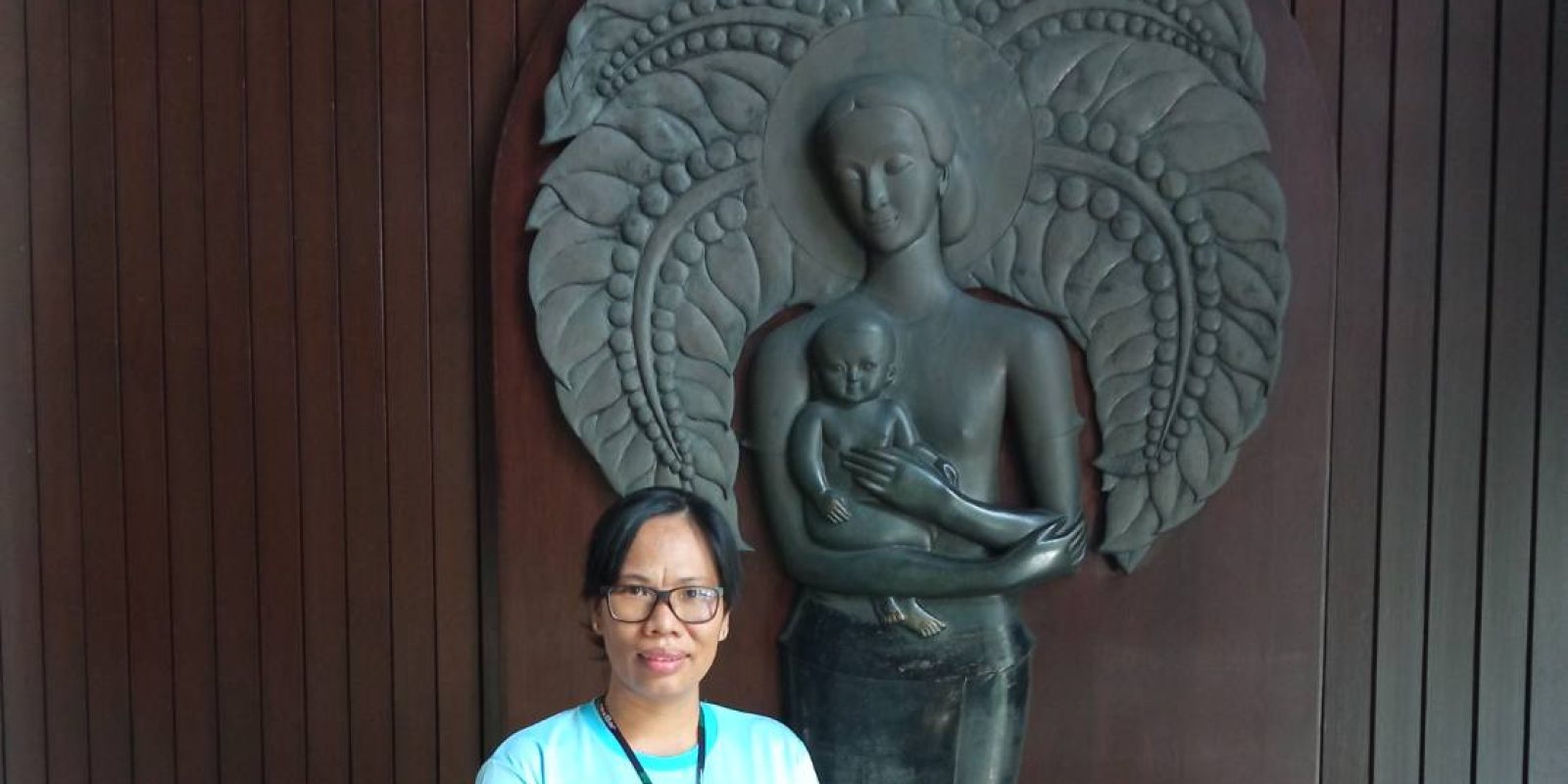Australia: Blame detention centres, not detainees
21 March 2011|Andrew Hamilton, consulting editor of Eureka Street.
Taken together the recent events in remote detention centres are both deplorable and predictable.
The disturbances at facilities housing minors, the use of tear gas against demonstrators at Christmas Island, the approval of such measures by the Minister the next day, the riots and destruction of property on Thursday evening after presently unspecified letters were received by detainees, the demonstrations in Curtin, and the death of a young asylum seeker in Weipa, are simply deplorable.
They cause grief to the detainees, to the officers supervising the centres, to the police and to the surrounding communities.
But these events are wholly predictable. When you place vulnerable people, mainly young men, in remote places for long periods of time, they are driven mad. Prolonged detention of vulnerable people for no just cause,with no set end and with nothing to do, does that to people. It is like building a nuclear reactor, putting fuel rods into it, and neglecting to provide water or to care for it.
When the detention centres are also overcrowded and under resourced, it is totally predictable that people will act out their frustration and anger. When people in such a place, without adequate access to advice and support, receive impersonal Government letters, presumably containing notices of rejection, it is predictable that they will express their despair and anger.
The Government recognised the destructive nature of indefinite detention when three years ago it announced that people would only be detained if they posed a security risk. But because they never passed legislation to enshrine this principle, we now have the present disastrous situation.
Money continues to be wasted in building and staffing remote detention centres that harm the mental health of the detainees and lead to incidents such as those which we see now.
Other Government decisions have contributed to the present deplorable situation. The earlier decision to suspend the processing of applications from Afghanistan and Sri Lanka has both extended the time for which many asylum seekers have been detained and deepened their sense of grievance.
They know that they have committed no crime and that Australia is committed to protect refugees without respect to how they arrive. They can only see the extra months that they spend in detention as a deliberate punishment.
If the present detention policy remains, the likely consequences are unfortunately also quite predictable. Asylum seekers’ mental health will continue to deteriorate. This will be reflected in more instances of self-harm and of violent protest.
Experience of police dealings with the mentally ill in many Australian states suggests that the responses to such protests will also become more violent and punitive, involving technology like stun guns and tasers. Politicians will defend their use, and blame the asylum seekers for creating the need for such measures. And if it comes to using guns and shooting asylum seekers who act out of mental illness, we shall be assured that it was necessary.
Those who defend the humanity of asylum seekers and criticise detention are used to being dismissed as bleeding hearts. Although name calling is not all that helpful, it would be tempting to respond by referring to those who defend the existing regime of detention as bleeding minds.
Could anything other than bleeding into the brain explain how one could defend the enormous financial outlay on detaining asylum seekers in remote areas, the prolongation of their detention in the sure knowledge that it will drive them crazy, the slowness of releasing children from such a regime, and the generation of conditions in which people will inevitably be injured and even killed.
Allowing asylum seekers into the community while their claims are processed would be a far more rational policy, both in economic and in ethical terms.


